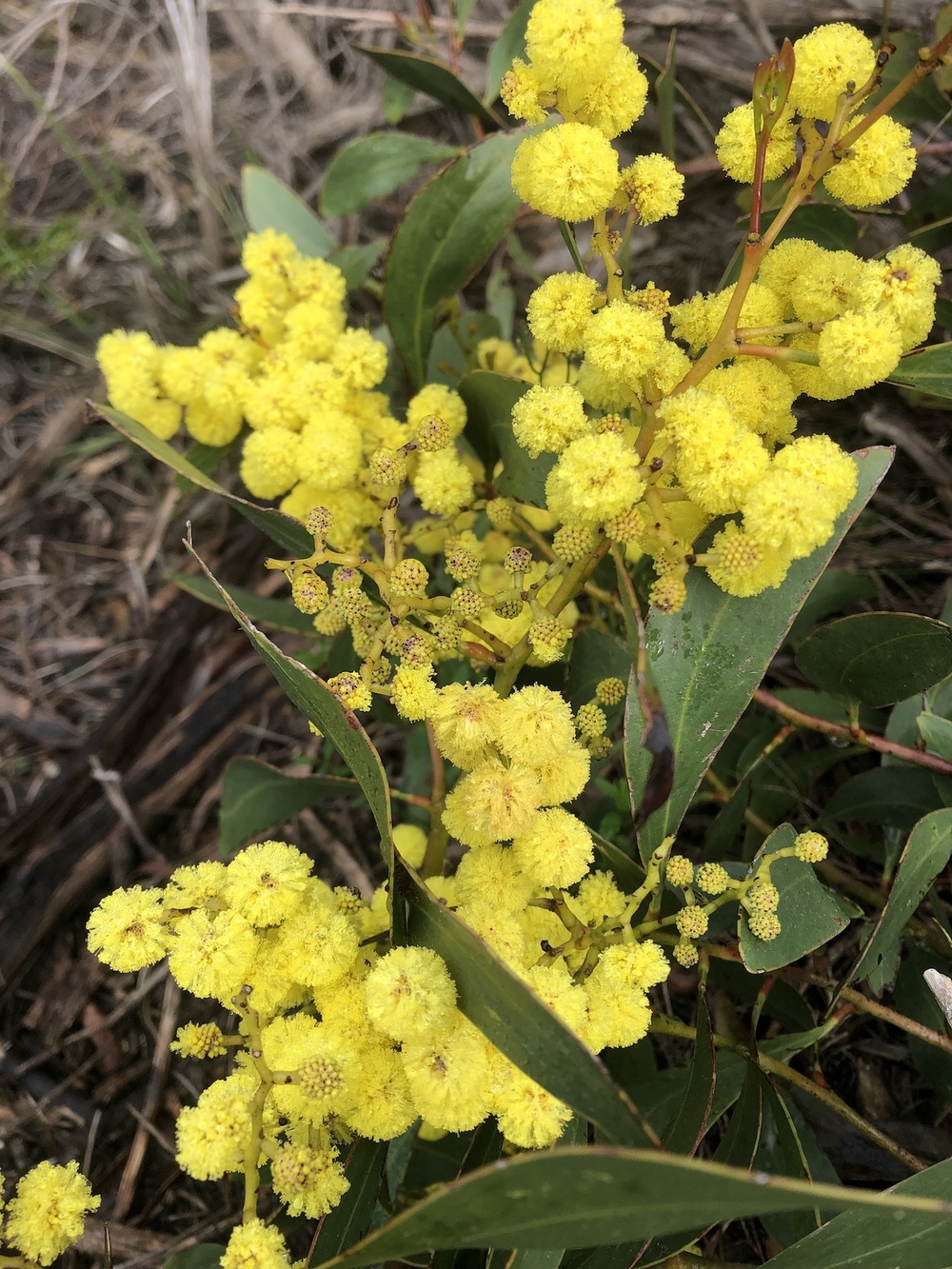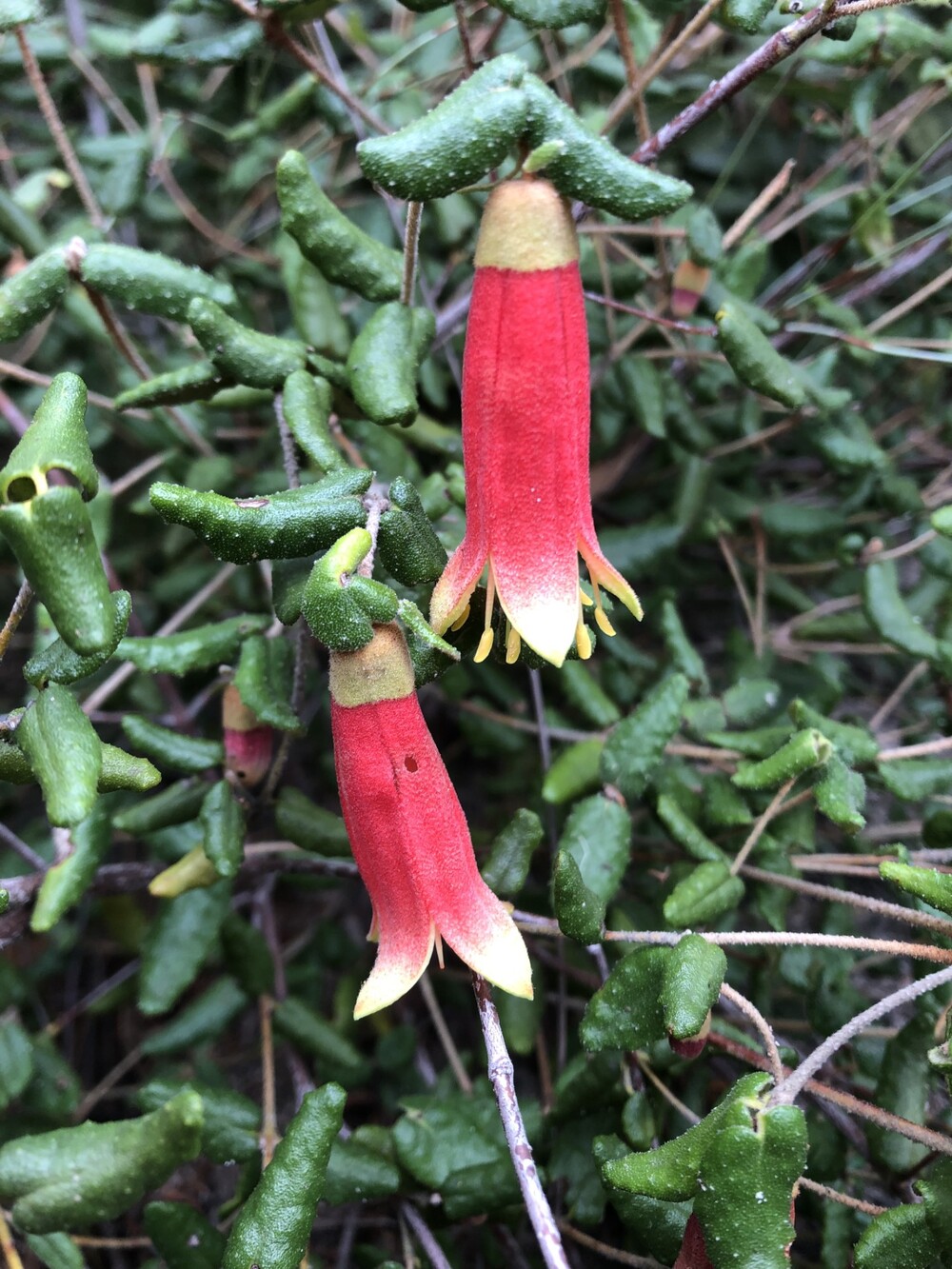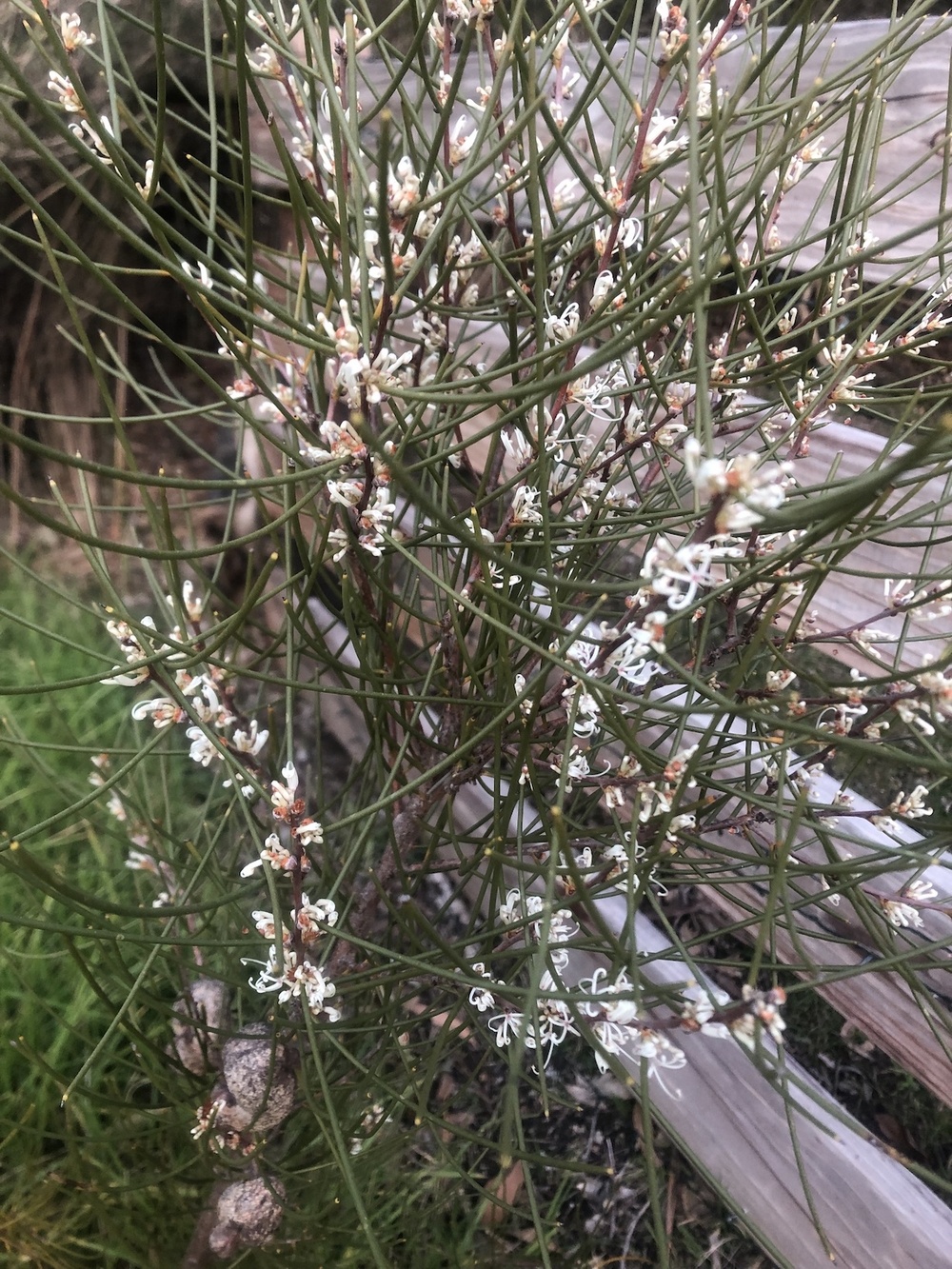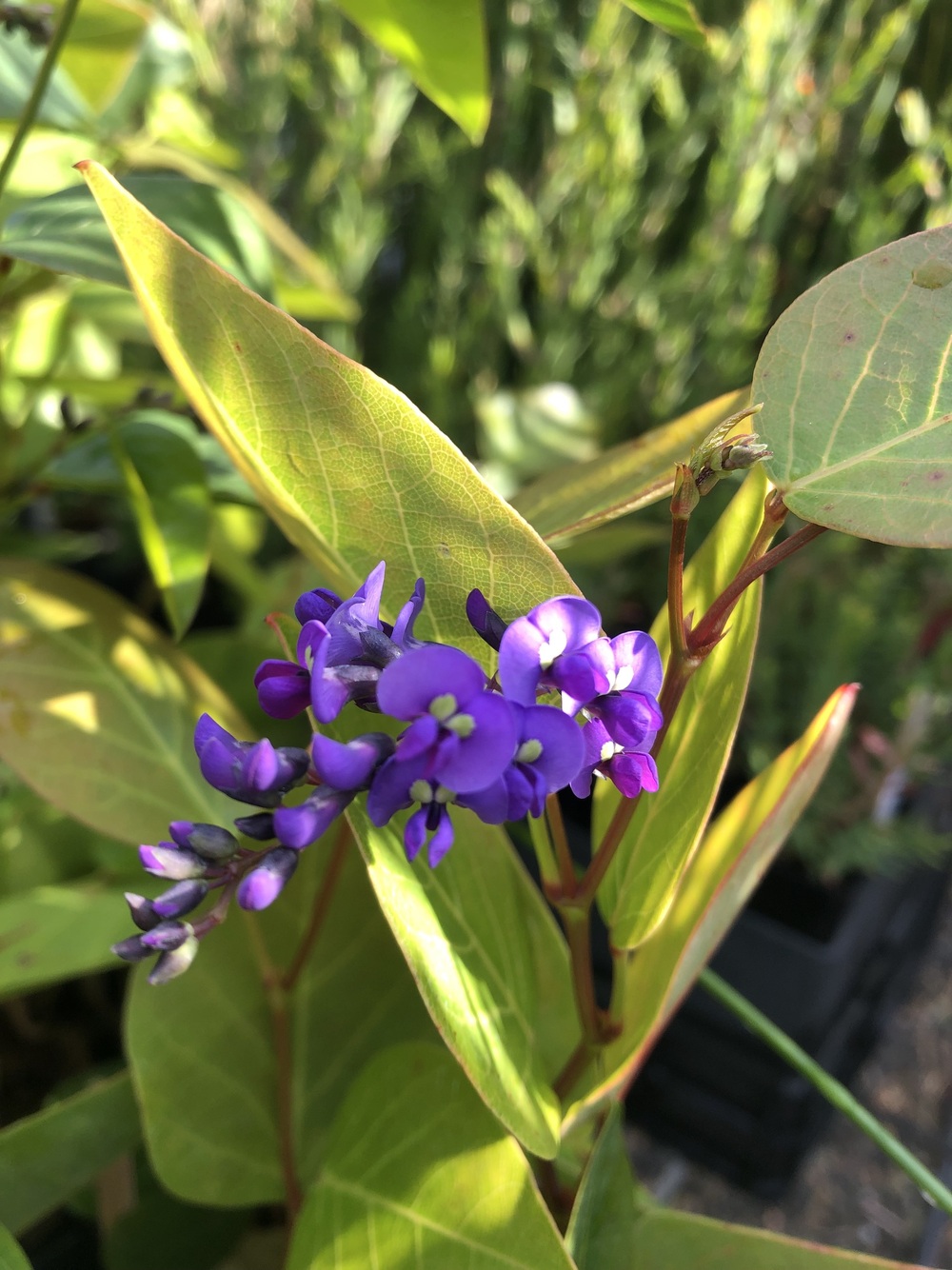Nurturing Native Wildlife: Winter Plants for Your Garden
Staff Reporters
22 September 2024, 2:30 AM

During these cold, wintry months, gardens often experience a flowering gap, leaving nectar feeding birds like New Holland Honeyeaters with limited food sources. Planting some local native plants that flower in winter adds some colour to the garden while providing local wildlife with food and habitat…it’s a win-win!
Acacia pycnantha (Golden Wattle)
Known for its stunning, pollen-rich yellow flowers, the Golden Wattle is a small tree that attracts honeyeaters and thornbills. Native butterflies including the Wattle blue (Theclinesthes miskini miskini) use Acacia as a food source.

Kennedia prostrata (Running postman).
A great ground cover with bright red flowers. Kennedia is a host plant and source of nectar for the Grass-blue and Long-tailed Pea-blue Butterflies while also providing shelter for insects and small lizards.
Correa Species (Native Fuchsia)
A small to medium shrub and great for landscaping, the bell-shaped flowers are particularly attractive to nectar-feeding birds. Look for the local native varieties including Correa glabra and Correa reflexa.

Hakea species
A medium-sized and resilient shrub, Hakeas attract native birds and insects with their unique flowers. The seeds are a favourite food of the Yellow-Tailed Black Cockatoo, making them a valuable addition to any wildlife-friendly garden. Look for local varieties including Hakea carinata and Hakea mitchellii.

Hardenbergia violacea (Happy Wanderer)
A versatile climber, Hardenbergia supports a diverse array of wildlife. Its mauve purple pea flowers attract native birds, insects, and butterflies, and it serves as a vital food source for native caterpillars, promoting a healthy garden ecosystem.

By planting these native species, you can create a vibrant and supportive habitat for local wildlife, ensuring your garden remains a haven for birds and insects even in the coldest months. Visit a local community nursery to ensure you are planting the right species for the local area and watch nature thrive in your own backyard.
Second Nature is a not for profit, community based environmental organisation.
www.secondnature.org.au